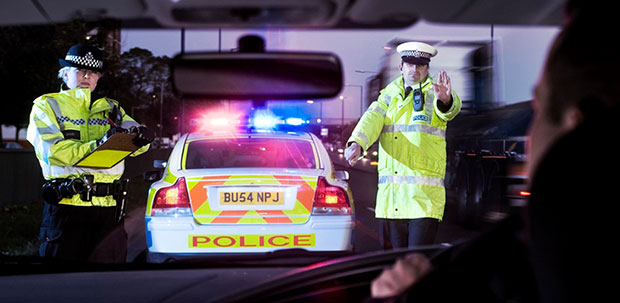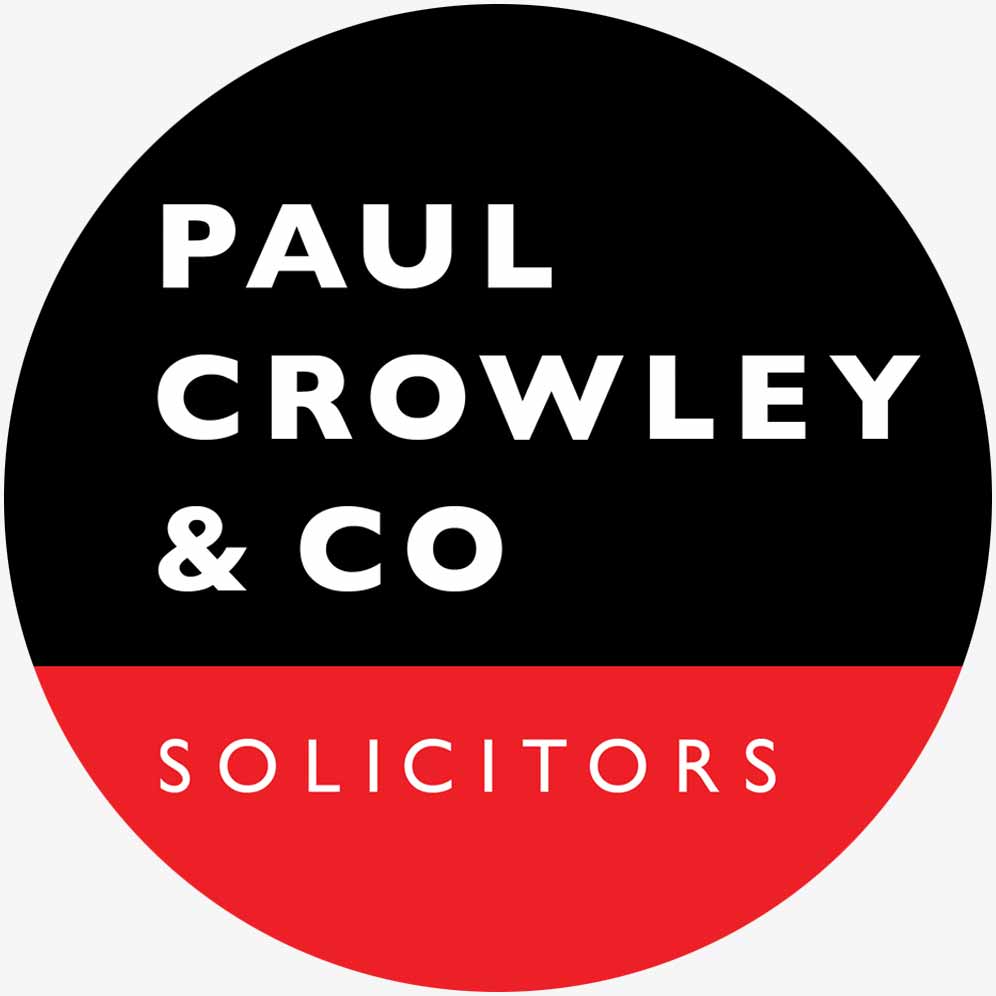Drug Driving Solicitors
It is illegal to drive a motor vehicle whilst unfit through the consumption of drugs or if you have certain drugs above a specified level in your blood.
This is not just confined to illegal drugs, the law refers to both illegal and legal drugs. Legal drugs are prescription drugs and those medicines bought over the counter.
Drug driving road side tests
There are two ways in which the police can test whether you are unfit to drive at the roadside:
• A field impairment test. This is a series of tests that the police will conduct with you, such as asking you to walk in a straight line, examining your pupils or asking you to stand on one leg.
• Roadside swab test to screen for cannabis and cocaine.
Possible drug driving charges
If the police think that you are unfit to drive or if you provide a positive swab test, you will be arrested and taken to the police station where a blood or urine test will be carried out. The way in which the police carry out their test can affect the type of charge you may face.
The two possible charges are:
• Driving whilst unfit through drugs (section 4(1) Road Traffic Act 1988)
• Driving with a specified drug above a specified limit in your blood (section 5A Road Traffic Act 1988)
Driving Whilst Unfit Through Drugs
In order to successfully convict someone of this offence, the police must prove that the driver’s ability to drive was impaired at the time of driving due to drugs.
The Field Impairment Test (FIT test) is usually carried out at the roadside. The officer should carry out a number of impairment tests which are:
• The finger to nose test
• The one leg stand test
• The Romberg balance test
• The walk and turn test
• The pupil examination
If the police feel that you have failed the FIT test then it is likely you will be arrested and taken to the police station to provide a specimen of blood or urine.
Driving with a specified drug above a specified limit in your blood
This offence came into force in March 2015 following the introduction of Drugalysers which are a breath screening device similar to breathalysers that allow officers to screen for cannabis and cocaine at the roadside.
This particular offence is not limited to just cocaine and cannabis as officers are able to test for other drugs such as ecstasy, LSD, Ketamine and heroin at the police station, even if a driver passes the roadside check.
Furthermore the regulations aren’t just limited to illegal drugs, there are certain legal/over the counter drugs that can find you charged with this particular offence if it is found that you have levels higher than the legal limit.
‘Being accused of a drug driving offence can a be a daunting experience, if you find yourself in this position our experienced team at Paul Crowley & Co Solicitors Limited will provide you with expert legal advice and representation in all aspects of motoring offences ensuring you receive the best possible outcome.’
Emma Smith | Solicitor
Paul Crowley & Co Solicitors Limited
Drug driving blood tests
Once at the police station, a blood test will be carried out and your sample of blood will be sent off for analysis. There are currently 8 illegal drugs and 8 prescription drugs contained within the regulations.
There is a zero tolerance approach taken with the illegal drugs with limits set to take into consideration accidental exposure.
Illegal drugs
| Zero tolerance approach - ‘accidental exposure’ | Threshold limit in microgrammes per litre of blood (µg/L) |
|---|---|
| Benzoylecgonine | 50µg/L |
| Cocaine | 10µg/L |
| Delta-9-tetrahydrocannabinol (cannabis) | 2µg/L |
| Ketamine | 20µg/L |
| Lysergic acid diethylamide | 1µg/L |
| Methylamphetamine | 10µg/L |
| Methylenedioxymethamphetamine (MDMA) | 10µg/L |
| 6-monoacetylmorphine (heroin) | 5µg/L |
Medicinal drugs
| Risk based approach | Threshold limit in microgrammes per litre of blood (µg/L) |
|---|---|
| Clonazepam | 50µg/L |
| Diazepam | 550µg/L |
| Flunitrazepam | 300µg/L |
| Lorazepam | 100µg/L |
| Methadone | 500µg/L |
| Morphine | 80µg/L |
| Oxazepam | 300µg/L |
| Temazepam | 1,000µg/L |
| Separate approach (to balance its risk) | |
| Amphetamine | 250µg/L |
Penalties for drug driving
If you are convicted of drug driving you are likely to receive the following:
• A minimum 12 month driving disqualification
• An unlimited fine
• A possible community order or a custodial sentence
• A criminal record
Other problems
• Your driving licence will also be endorsed and the conviction will remain on your license for 11 years. This will drastically affect your insurance premiums.
• If you drive for a living, your employer will see your conviction on your licence.
• You may have trouble travelling to countries such as the USA
Photograph courtesy of West Midlands Police.
OUT OF HOURS…
We offer advice and representation at Police Stations 24 hours a day, 7 days a week. In the event you need to contact us outside normal office opening hours please call the out of hours number – 07912 068 717. In the unusual event that you cannot get through on this number, please leave a message or text providing your contact telephone number and your call will be returned within a few minutes.


 ‘Being accused of a drug driving offence can a be a daunting experience, if you find yourself in this position our experienced team at Paul Crowley & Co Solicitors Limited
‘Being accused of a drug driving offence can a be a daunting experience, if you find yourself in this position our experienced team at Paul Crowley & Co Solicitors Limited  Emma Smith | Solicitor
Emma Smith | Solicitor